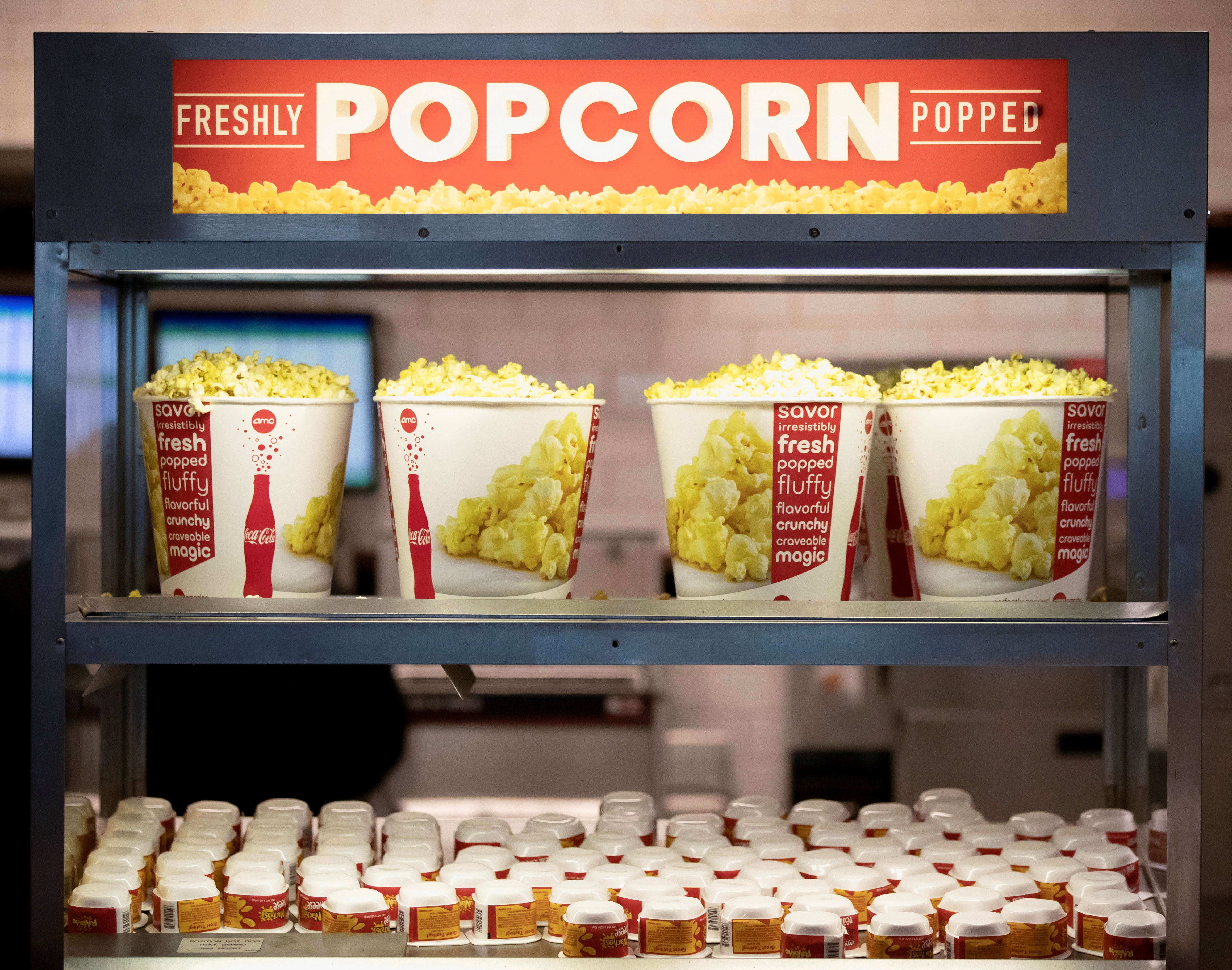Why is the meme stock mania back?
After the collapse of GameStop in January it seemed like the internet meme-driven stock market frenzy was over. But it’s now back with a vengeance. Can anyone explain why? Ben Chu investigates

Earlier this year the US video game retailer GameStop became the subject of a spectacular stock market frenzy.
The shares in the ailing firm, which still mostly sells games through a network of bricks-and-mortar stores, exploded in value, from just $80m (£57.7m) in April 2020 to a peak of $24bn in January 2021.
There was no compelling real world business-related reason for the soaring valuation. Rather the stock was being pumped up by a community of non-professional traders, egging each other on online chat forums with amusing memes to push the share price ever higher.
Subscribe to Independent Premium to bookmark this article
Want to bookmark your favourite articles and stories to read or reference later? Start your Independent Premium subscription today.
Join our commenting forum
Join thought-provoking conversations, follow other Independent readers and see their replies